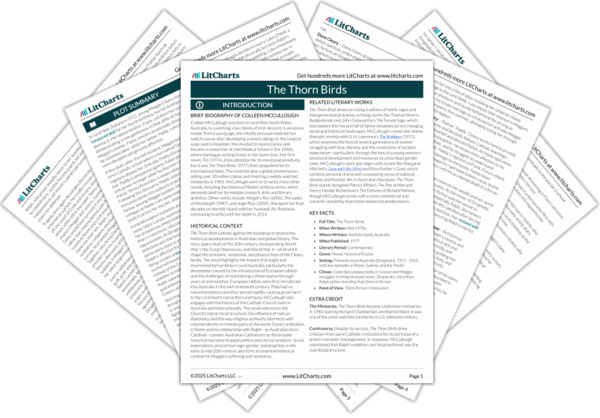Fiona’s immediate recognition of Frank, despite the harsh toll of prison life, reinforces her maternal bond. Frank’s physical frailty and nervous demeanor juxtapose sharply with his former rebellious spirit, showing the impact of decades spent in confinement. Yet Fiona’s reaction reveals a fierce, unconditional love that time and distance have not diminished. Her embrace is an act of reclamation, a silent promise that he remains her son, regardless of his suffering or mistakes.
